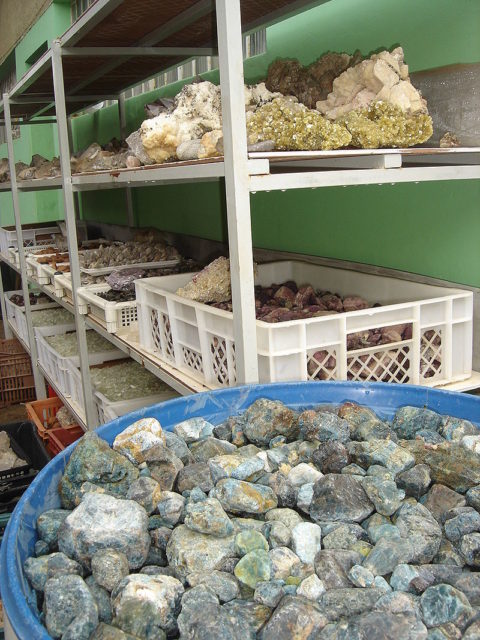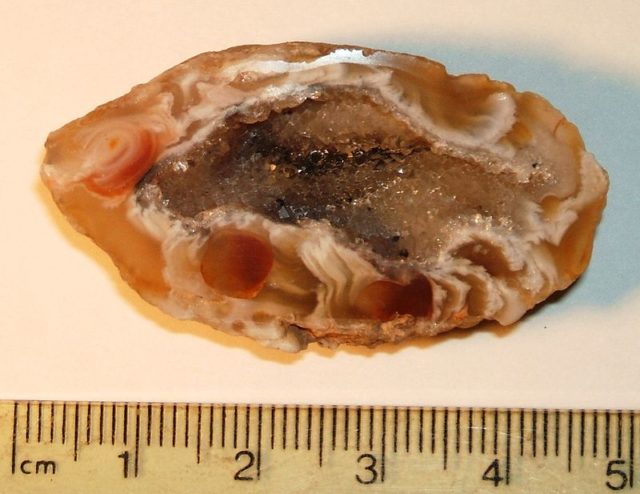Vietnamese authorities have seized a vast gemstone that a farmer discovered on his coffee farm in the country’s Central Highlands region. One of the local officials Bui Tanh Binh stated the 30-ton gemstone would be analyzed before more action is taken. Some specialists believe that it is chalcedony. Apparently, Pham Van Chinh discovered the raw gemstone when he was extracting his coffee from within the Bao Loam District. After he dug it up, he did not report the stone to the local supremacy as required.

Finders of high valued objects are eligible for a large bounty, but are not allowed to sell them without first consulting the authorities.
The farmer was apprehended and the stone was taken by the police. The police gave fines of VND550 million ($25,540), but a prison sentence has not been pursued so far. The incident has sparked debates over peoples’ rights and claims to precious findings.

Chalcedony is a type of gemstone that belongs to the quartz class of minerals. Cryptocrystalline quartz is an impacted dense shape of silica, which means it has super fine crystallization. Typically, nearly all cryptocrystalline crystals are so precise that distinct particles can’t be seen under a microscope. Several cryptocrystalline materials might be sub- categorized as microcrystalline, which refers to the cryptocrystalline material with somewhat bigger crystals.
For a long time, chalcedony was believed to be a fibrous variation of cryptocrystalline quartz, but recently it was found that it is a combination of quartz, and some other silicate mineral; moganite (a polymorph quartz). Moganite and quartz share similar silicon dioxide chemical properties, but they have different crystal constructions. Moganite is monoclinic, while conventional quartz belongs to the trigonal crystal group. Chalcedony forms with a hexagonal crystal structure.
